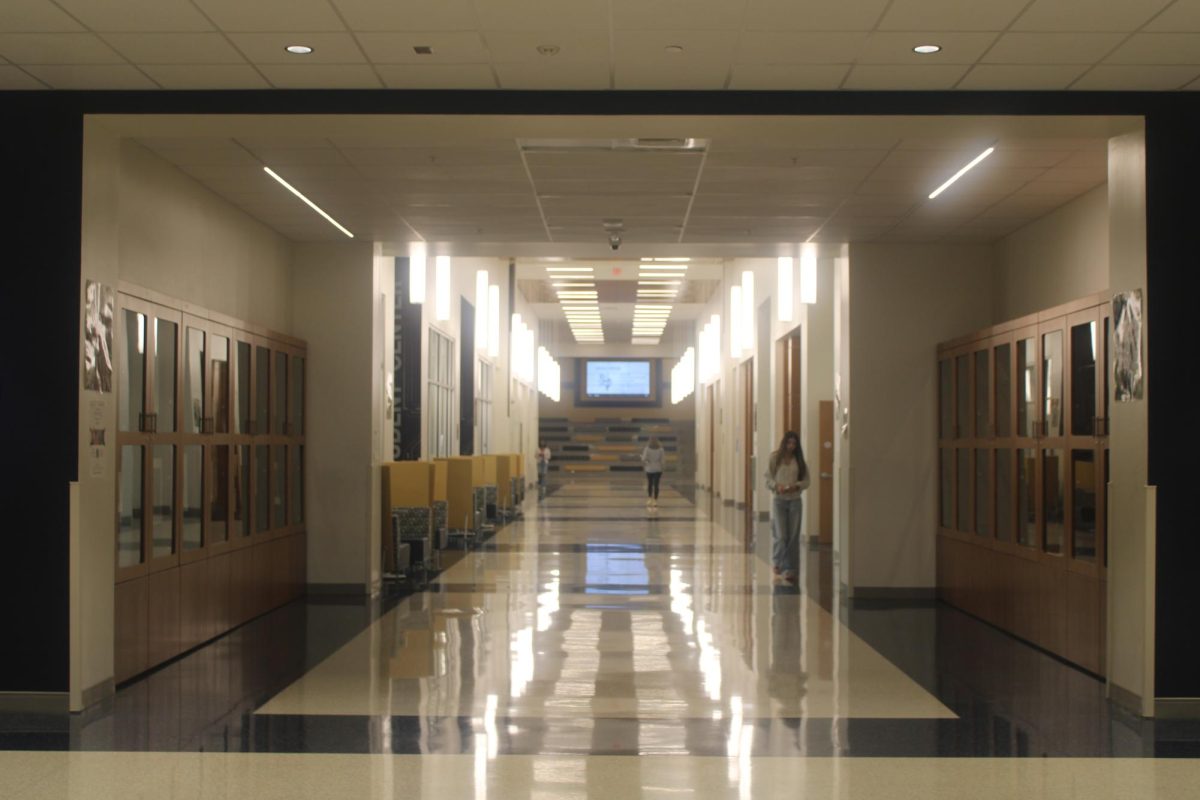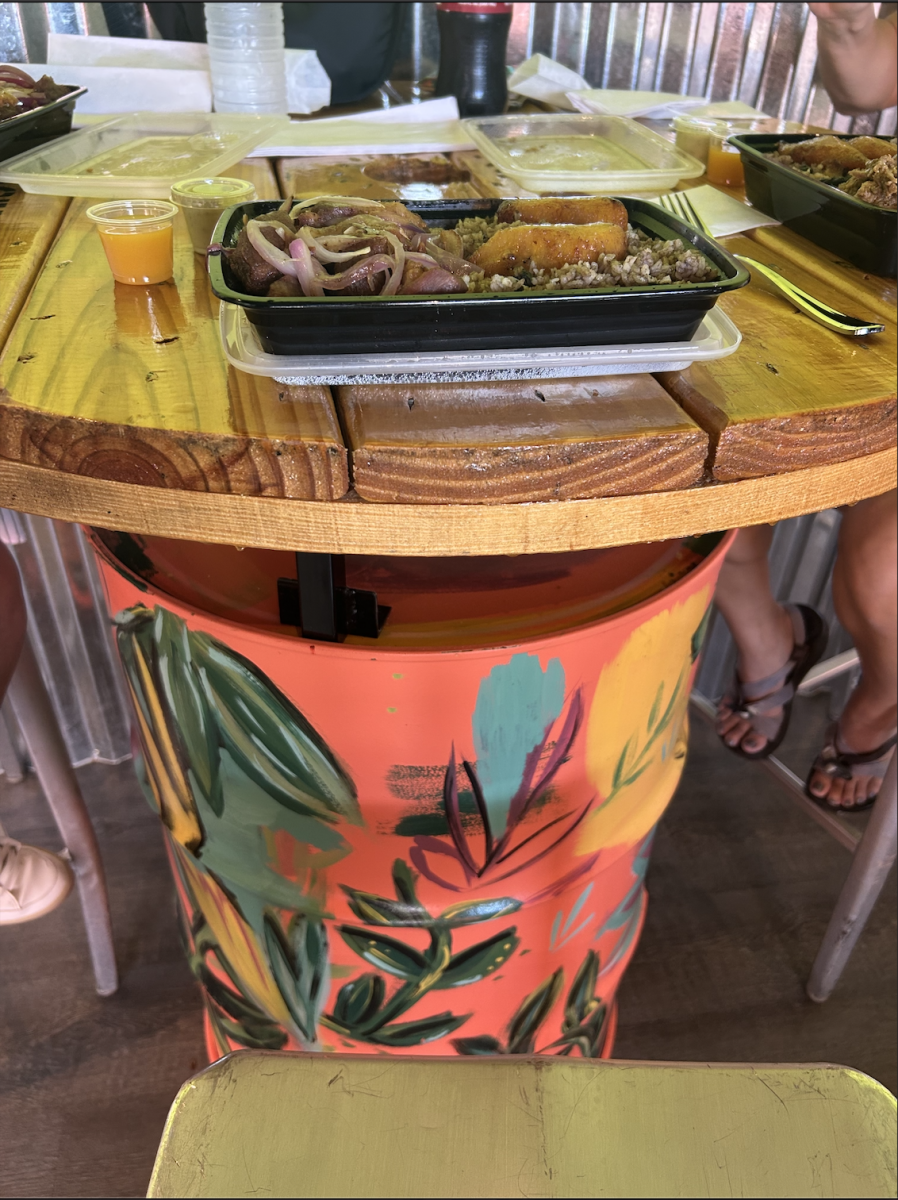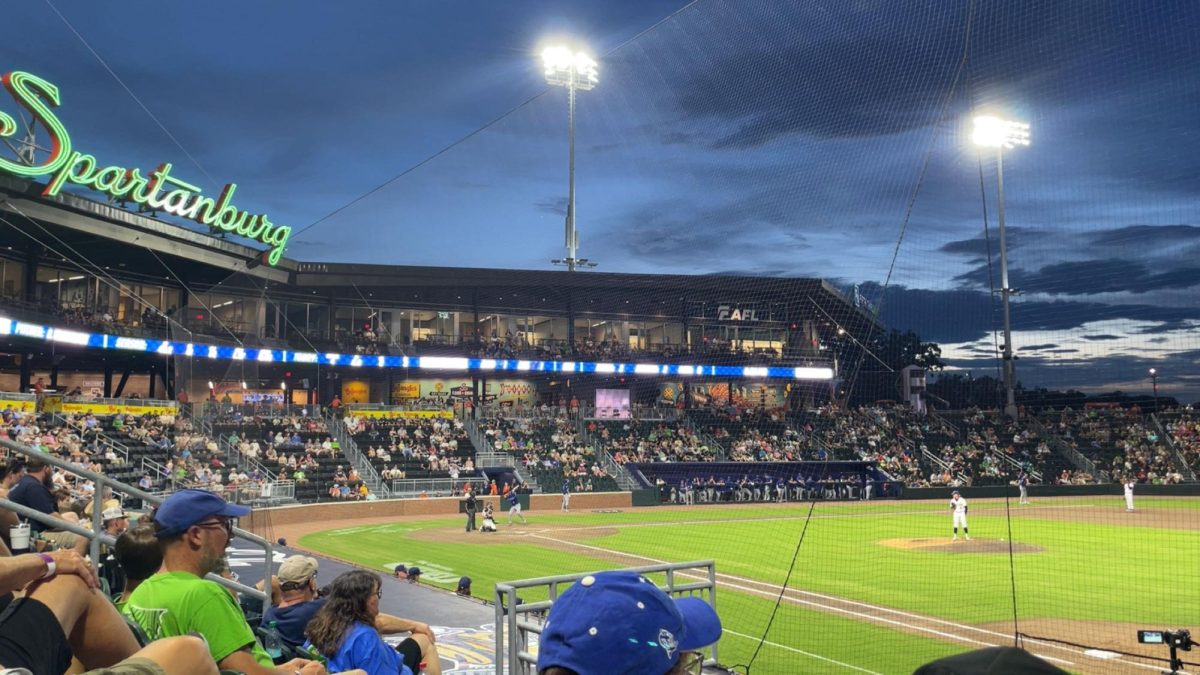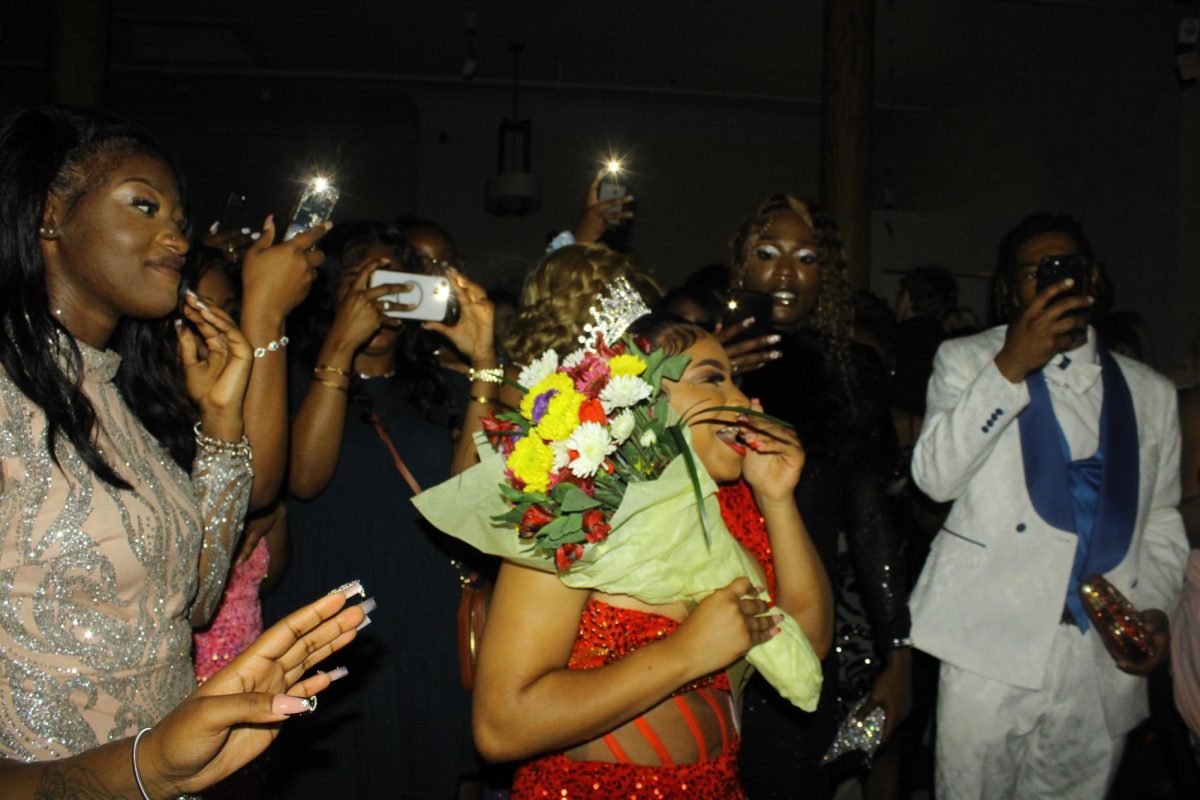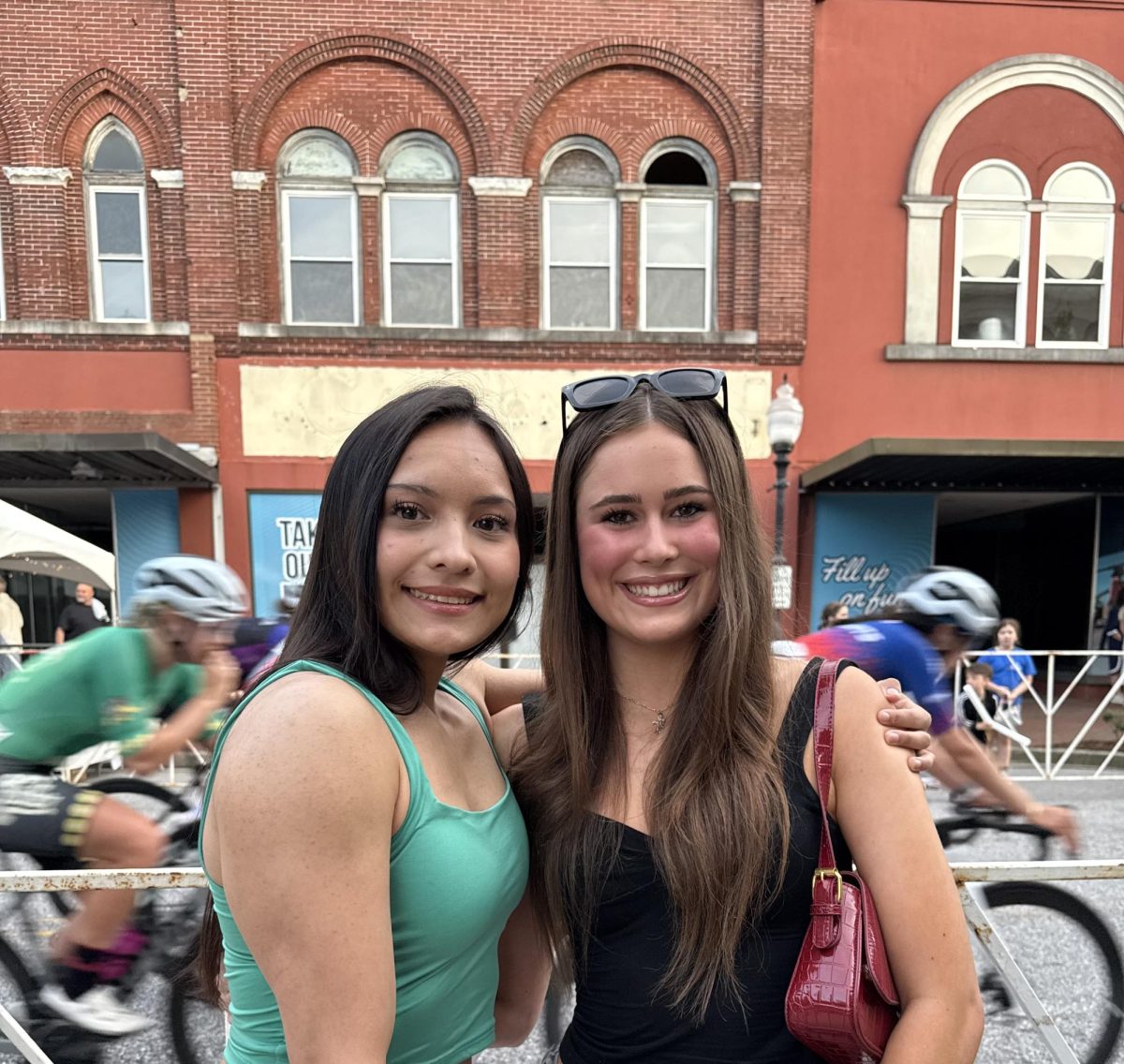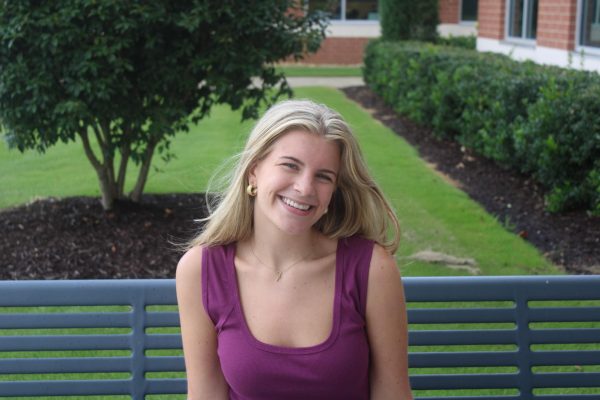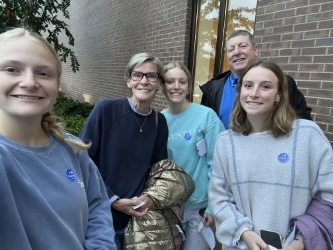
Every four years, on Election Day, lines stretch out in polling places across the United States, filled with citizens eager to participate in one of the most vital civic duties—voting. Among those standing in line, a growing number are first-time voters, excited and nervous about casting their first ballots and becoming part of the democratic process. The 2024 election marked a significant moment for many, including teenagers and young adults who had just turned 18. For them, this was their first opportunity to make their voices heard.
Ash Haggerty (12) was one of the first-time voters in the 2024 election. Haggerty admitted to feeling a sense of anxiety leading up to voting day.
“I thought it would be more stressful than it was,” Haggerty said after voting on October 26, 2024. “I was honestly surprised at how easy the process was.”
Like many first-time voters, Haggerty had imagined the experience to be daunting, with potential complications or long waits, but found that the reality was much simpler than expected. For many, this initial surprise contributes to their sense of empowerment and confidence in participating in future elections.
For Caroline Byers (12) the experience was filled with excitement rather than nerves.
“My first time voting was so exciting because the poll workers were so happy that I was a first-time voter,” Byers said. “I was also excited to use my right to vote and impact the country.”
Byers highlights how the encouragement and positivity of the poll workers added to her overall experience. It wasn’t just a personal achievement for her but also a shared moment with others who recognized the significance of her participation in the democratic process. The act of voting wasn’t just an individual duty but part of something much larger—a community and a country where her voice mattered. Voting can be a transformative experience, especially for younger voters who may not fully grasp the impact they have on the political system until they take part themselves.
This was certainly the case for Carson Bishop (12), another first-time voter. Bishop reflected on the importance of voting and its role in maintaining a functioning democracy.
“I voted because I wanted to do my part in making our government work,” Bishop said. “I think I did make an impact because everyone’s vote counts the same. If nobody went out and exercised their right to vote, then the system wouldn’t work.”
For Bishop, voting was not just an individual choice but a collective responsibility to uphold the democratic system that depends on active participation from citizens.
The 2024 election saw a notable number of young voters heading to the polls for the first time, contributing to the broader voter turnout. In a year marked by high-stakes political decisions, the excitement and enthusiasm of first-time voters helped ensure that younger generations were actively engaged in shaping the future of the nation. According to CNN polling, out of 22,914 respondents, 56% of first-time voters cast their ballots for Donald Trump, while 43% voted for Kamala Harris. This indicates that a significant number of new voters took to the polls and made their voices heard, reflecting the diversity of political preferences among young people.
These numbers also underscore the power of voting as a tool for young citizens to influence the future. Regardless of their political party, these first-time voters demonstrated that they understand the importance of participating in the democratic process and ensuring that their views are represented. For many, it was a step into adulthood, a way to solidify their place in society and take responsibility for the direction of the country.
In addition to their individual excitement, first-time voters are also part of a larger trend. They are part of a wave of younger generations becoming more politically engaged, especially in an era where information is easily accessible through social media. With platforms like TikTok and Instagram providing quick, digestible content about politics and elections, young people are becoming more informed and ready to take action. This increased engagement is a positive sign for the future of American democracy, as more young people understand the power they hold in shaping the country’s future.
Overall, the experiences of first-time voters in the 2024 election reflect a sense of empowerment and pride in participating in the democratic process. These young citizens are eager to play their part, knowing that their votes can help determine the future of the nation. The excitement and confidence that come with casting a first ballot highlight the enduring importance of voting in sustaining a healthy democracy. For these first-time voters, 2024 marked the beginning of a lifelong commitment to shaping the nation’s political landscape.


